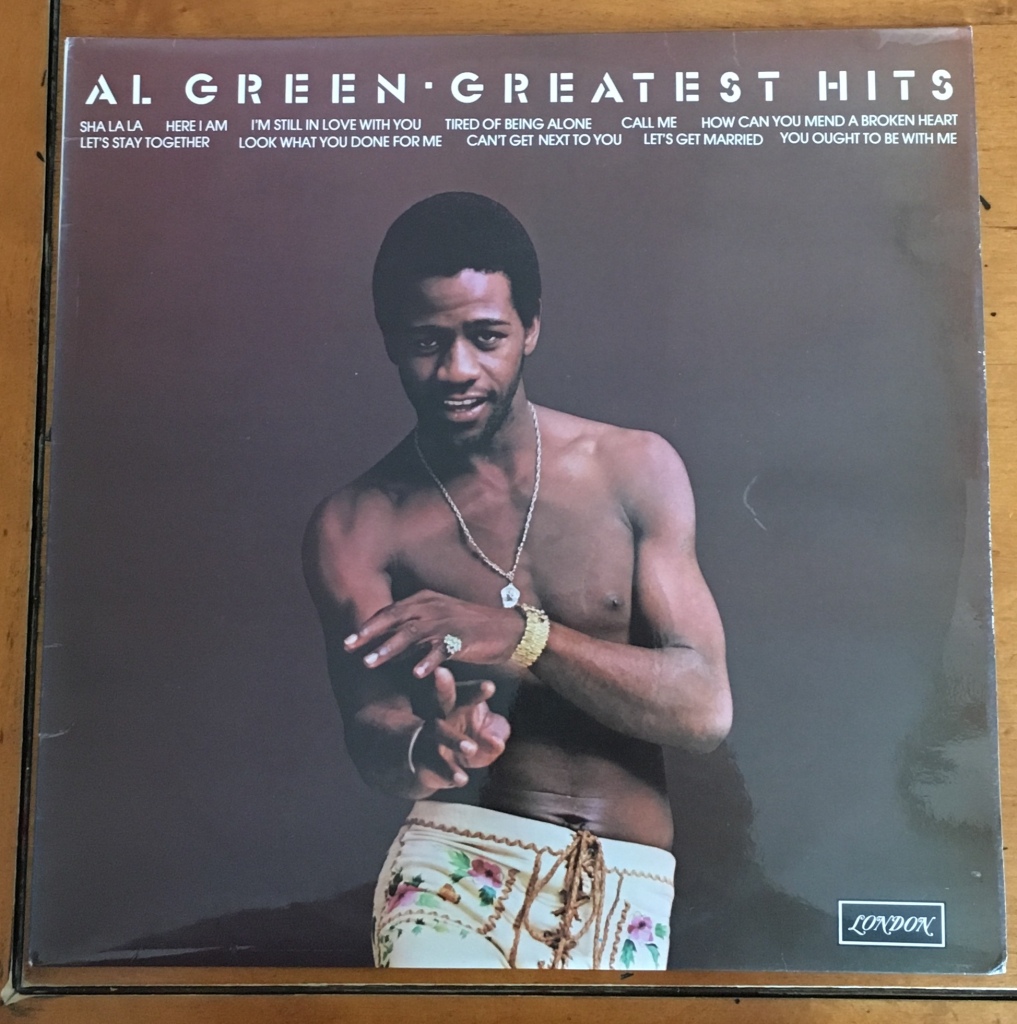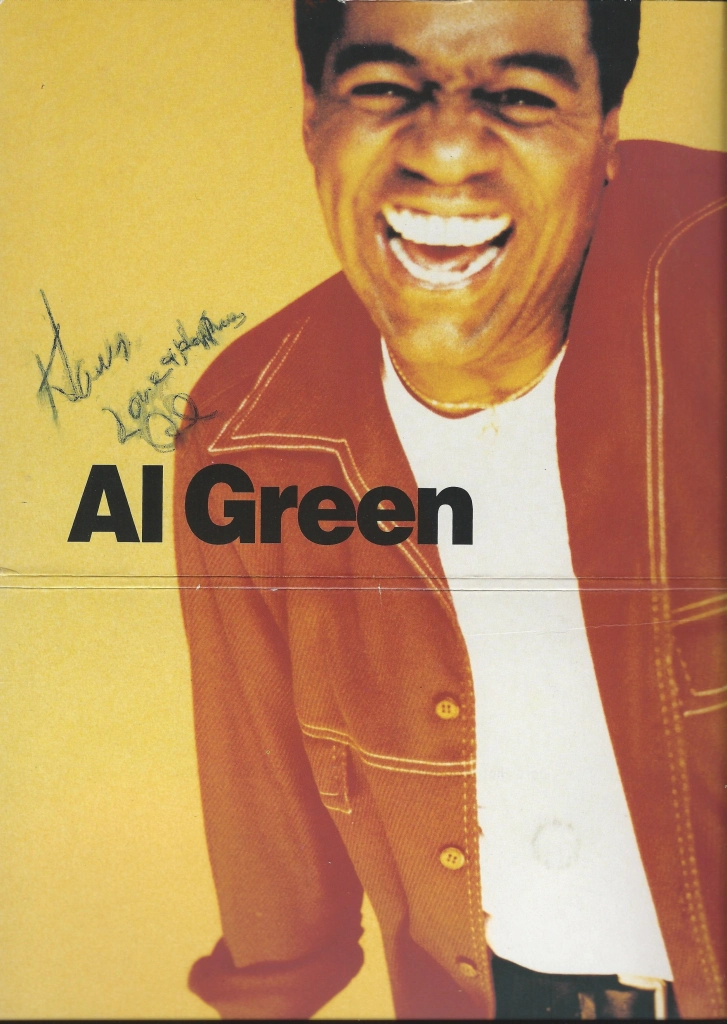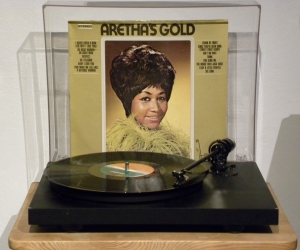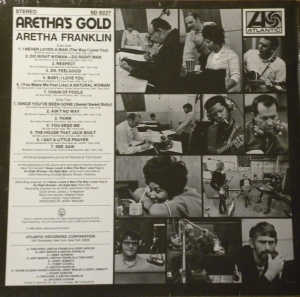Al Green’s Greatest Hits: The Reverend sings in the name of love. If someone asked me, what is soul music, I would play her or him this wonderful collection for an answer.
If somebody would ask you „What is soul?“, this wonderful collection of Al Green’s classic 1970s recordings is the answer above all other answers to that question. Whether Tired Of Being Alone, Sha La La (Make Me Happy), Let’s Stay Together, I’m Still in Love With You, Call Me (Come Back Home) or How Can You Mend A Broken Heart – an enchanting rendition that even tops the Bee Gee’s delightful original version – Al Green jubilates and croons incomparably in the name of love and for heaven on earth.
His musical career gathered pace at the end of the 1960s, when Willie Mitchell, a record producer in Memphis, Tennessee, signed Al Green for his label Hi Records and coached him to find his own soul voice as a singer, after years of trying to sing in the vein of soul greats like Sam Cooke, Wilson Pickett, or James Brown. Mitchell also assorted a bunch of great musicians, rhythm & blues veterans all, in his own Royal Recording Studios to back Al Green. With hits like the ones named above and marvelous albums like Al Green Gets Next You, Let’s Stay Together, I’m Still In Love With or Call Me Green and Mitchell hit the mother lode. In the early 1970s Al Green was the best and biggest soul singer of them all.
After personal problems and tragedies Al Green abdicated profane, lascivious soul music and vowed to sing only religious gospel songs further on. He founded his own “Church Of The Full Gospel Tabernacle” in Memphis and became a reverend and preacher man. He still is. But during the 1990s and 2000s Green changed his mind and started recording again more earthly, more openly erotic soul albums. The excellent Lay It Down from 2008 being the last one so far. But his great singing voice is still in full effect, so he’s playing some concerts every now and then.
What a grand soul man and fascinating preacher man Al Green is. When I had the chance to interview him once in a hotel suite in Munich, he showed up very late, because he went for a walk and kind of got lost. But when he finally arrived, everything went fine. It was a great, moving experience being in his presence and talking with him about his songs and his vocal artistry. And whether he sings in his songs about human or divine love. It’s both, he said. Then Al Green even sang some of the marvelous songs that appear on this super fine compilation most beautifully in my microphone. Just for me. And at the end of our talk he even gave me his blessing. And I guess his blessing chaperons me till today. Amen.
Al Green Greatest Hits, Hi Records, 1975





















